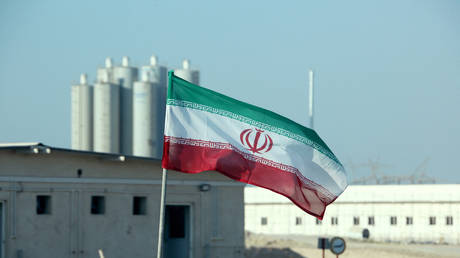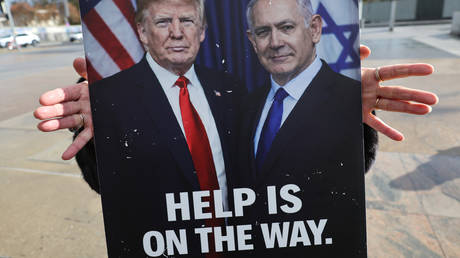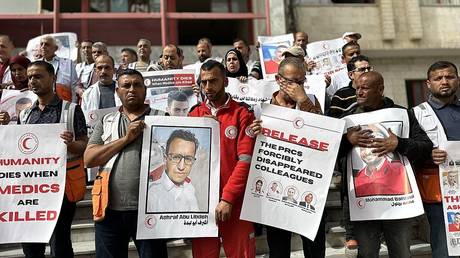
Tehran will beef up its commitment to nuclear science, the chief of the Atomic Energy Organization of Iran (AEOI) has sworn, blasting attempts by its so-called “enemies” to curb the Islamic republic’s atomic advancement.
Speaking at a meeting on Tuesday, Mohammad Eslami vowed that Tehran shall continue to boost its atomic related activities, and remarked that the country is “witnessing considerable success” in this field already.
Eslami slammed “the widespread efforts of the enemies to prevent scientific development in the country.” According to him, Iran’s foes have also restricted the educational pursuits of Iranian students in the nuclear field in high-ranking universities abroad.
The nuclear chief pledged that Iran will “take special measures” and that “all capacities will be used for this purpose,” stressing that more effort needs to be devoted to this area scientifically and technologically.
The AEOI head’s comments come just days after Tehran agreed to allow inspectors from the International Atomic Energy Agency (IAEA) to have access to cameras at Iranian nuclear plants – previously prohibited by the Middle-Eastern nation. The meeting, held between Eslami and Rafael Grossi, the IAEA’s director-general, was hailed as having reaffirmed “the spirit of cooperation.”
Negotiations are still ongoing between Western nations and Iran with regards to the country halting uranium enrichment. Tehran broke the terms of its 2015 atomic agreement, known as the Joint Comprehensive Plan of Action (JCPOA), after Washington withdrew unilaterally in 2018 under then-US president Donald Trump and imposed sanctions on the republic.
Joe Biden’s administration is keen to fix the broken deal, but Iran has repeatedly stated that Washington’s sanctions on Tehran must go first. The White House, however, is adamant to keep the sanctions unless Iran is ready to fully abide by the terms outlined in the JCPOA.
Eslami was slapped with sanctions in 2008 from the United Nations for “being engaged in, directly associated with or providing support for Iran’s proliferation sensitive nuclear activities or for the development of nuclear weapon delivery systems.”
Think your friends would be interested? Share this story!




